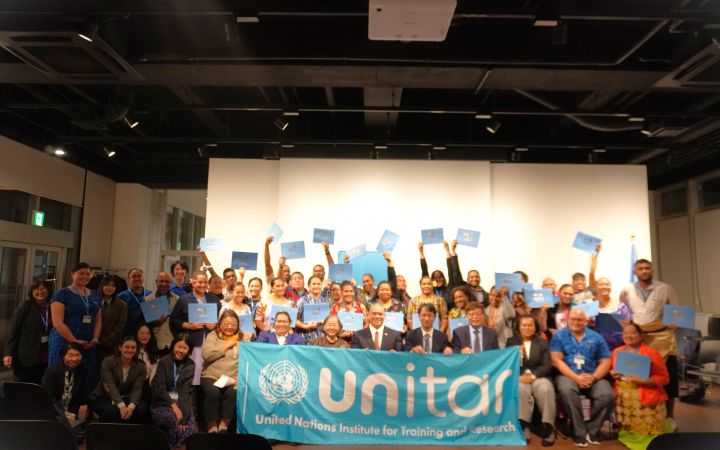Public health officials including Chief Public Health Officer Nicola Spurrier and Dr Simone Barry the Clinical Director of the SA TB Service have been on the Aṉangu Pitjantjatjara Yankunytjatjara (APY) Lands this week after a number of Tuberculosis (TB) cases have been reported.
Outbreaks of Tuberculosis require prompt management including contact tracing and active case finding to treat, contain and eliminate the disease, which is notifiable under the South Australian Public Health Act 2011.
The Aboriginal Public Health team from the Department for Health and Wellbeing is working closely with Nganampa Health Council (NHC), SA TB Services within the Central Adelaide Local Health Network (CALHN) and Aṉangu to coordinate testing, screening, contact tracing and treatment for those exposed.
The SA TB Service has diagnosed approximately ten Tuberculosis cases in the community so far which are linked as an outbreak.
The Aboriginal Public Health team will lead community engagement with impacted communities building on and supporting the process of self-determination. Initially this will be in the APY lands communities of Pukatja, Amata and Pipalyatjara through Community leaders and whole of Community meetings.
Quotes attributable Chief Public Health Officer, Professor Nicola Spurrier:
This week, I visited the Aṉangu Pitjantjatjara Yankunytjatjara (APY) Lands to meet with Community leaders and service providers including schools, supporting the work of the Nganampa Health Council and Dr Simone Barry’s team.
Tuberculosis is not commonly seen in Australia but is treatable and preventable. It will need a sustained response over a prolonged period.
Strong relationships with Community allowing co-design are essential. The SA TB Service has diagnosed approximately ten Tuberculosis cases in the community so far which are linked as an outbreak.
While this is a relatively small number of cases, it’s important that all people in the community have the information they need to prevent the cluster from growing, and to facilitate quick testing and treatment.
Quotes attributable to SA TB Services Clinical Director Dr Simone Barry:
Over the past week we have been conducting TB screening of high-risk contacts in and around Pukatja and reviewing known cases.
This has included the use of a new fully portable chest X-ray unit generously funded by the Hospital Research Foundation, allowing us to take the screening to remote communities.
We have joined the Aboriginal Public Health team at community forums to answer questions and concerns.
Our clinical work has been made possible because of the collaborative input from Nganampa Health Council and we are very grateful to have been given access to their clinical facilities and staff expertise.








